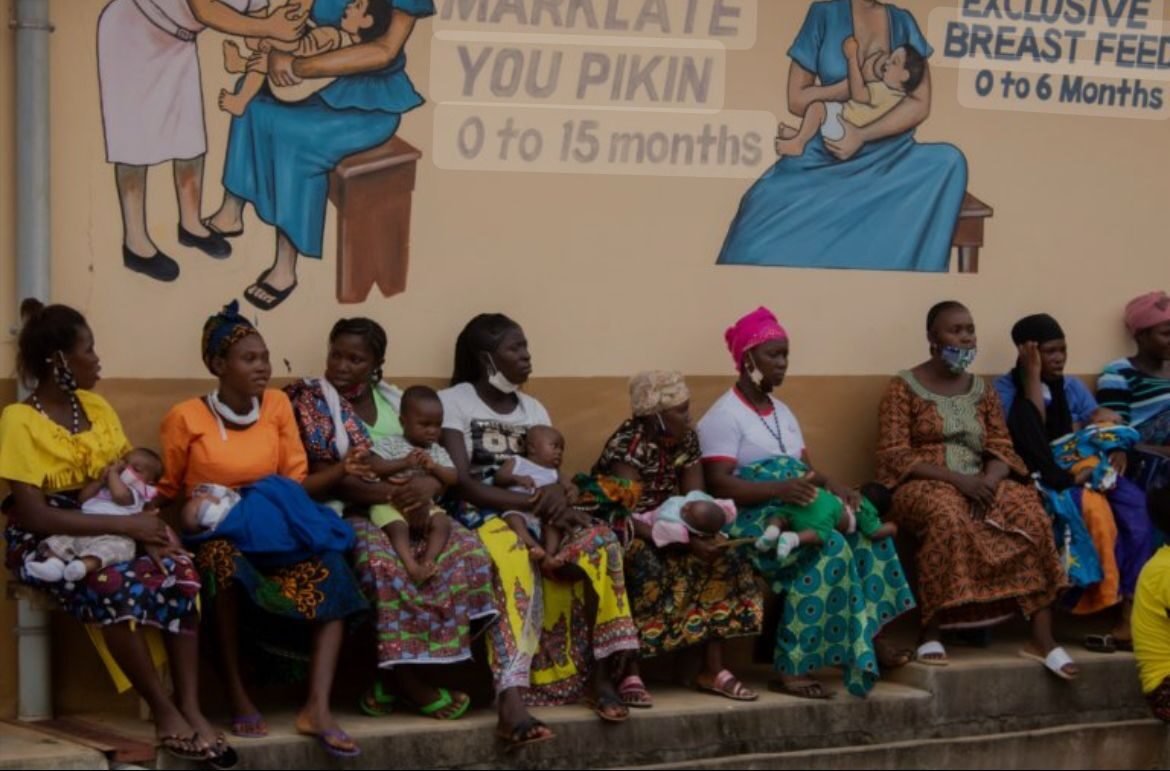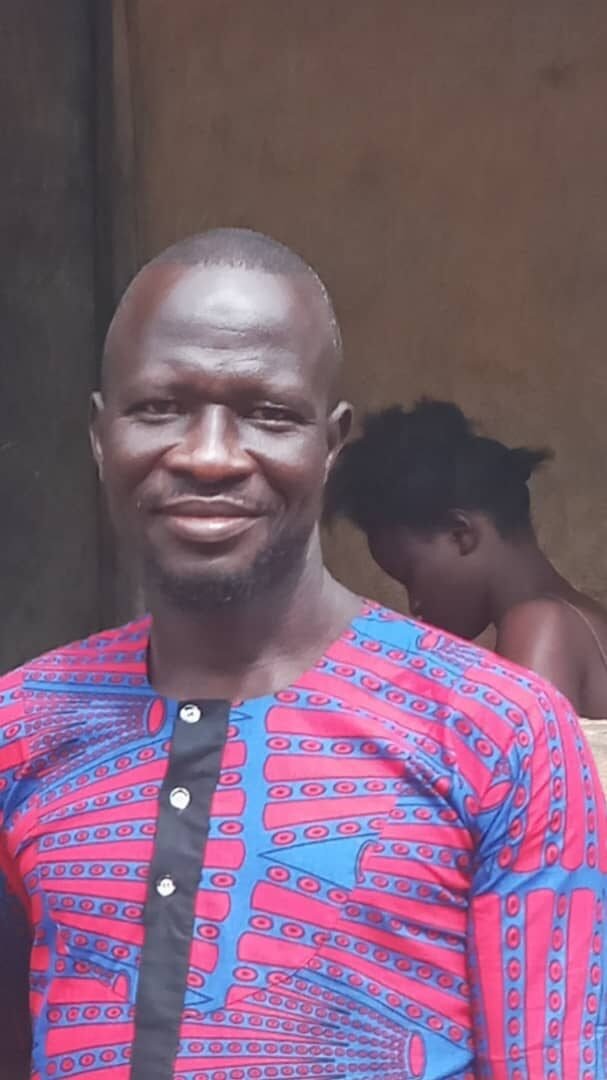Economic Disaster…Why Government Fails on Healthcare?

By Ibrahim Sorie Shaw
Sierra Leone’s healthcare system is a ticking economic time bomb. While politicians boast of reforms, the truth is that persistent government failure in healthcare is not only costing lives but silently destroying the nation’s economic future.
Our hospitals are in ruins. Sierra Leone lacks a functional dialysis unit for kidney patients, leaving hundreds to face slow, painful deaths or seek treatment abroad, a luxury reserved for the wealthy few. The national mortuary in Freetown is dilapidated, forcing families to store bodies in inhumane conditions. Yet, these are only surface symptoms of a deep-rooted crisis.
Basic medical research is nonexistent. In rural communities, sudden deaths are routinely dismissed with phrases like “he just felt bad,” reflecting a tragic gap in public health education and diagnostic capacity. This silence is not cultural; it is systemic. No government initiative exists to investigate or prevent such deaths, leaving communities trapped in cycles of ignorance and fear.
Healthcare professionals are demoralized. “We have no dialysis machines. We watch patients die helplessly,” said a nurse at Connaught Hospital, requesting anonymity out of fear of reprisal. Doctors and nurses, frustrated by poor working conditions and meager salaries, are leaving in large numbers, worsening the brain drain that robs Sierra Leone of its best healthcare minds.
Meanwhile, government officials continue to fly abroad for even minor treatments, spending public funds on private healthcare while abandoning the system they are supposed to fix. This hypocrisy reflects a deep betrayal of public trust. There is no national plan for healthcare development, no strategic framework, no roadmap, no political will.
The economic toll is staggering. According to the World Bank, Sierra Leone spends less than 8% of its national budget on healthcare, one of the lowest in the region. The result is an unhealthy workforce, reduced productivity, and increased household medical expenses. The Ebola outbreak cost Sierra Leone over $1.4 billion in economic losses, and the COVID-19 pandemic exposed yet again how fragile our healthcare infrastructure is, dragging down GDP growth by over 3% in 2020.
Healthcare is not a luxury; it is an economic engine. Countries that prioritize universal health coverage experience stronger economic resilience, lower poverty rates, and a more productive workforce. Sierra Leone’s refusal to see healthcare as an investment is condemning its people to poverty and economic stagnation.
Below are some of the suggestions the Government needs to address
1 Allocate at least 15% of the national budget to healthcare, as committed in the Abuja Declaration.
2 Build specialized units for critical care, including kidney dialysis and oncology.
3 Establish a National Public Health Research Institute to investigate preventable deaths and educate the population.
4 Ban government officials from seeking medical treatment abroad until the national healthcare system meets basic standards.
As the 2023 elections approach, healthcare must dominate the national conversation. Sierra Leoneans must demand accountability and real action, not slogans. A sick nation cannot build a strong economy. Until we fix our healthcare system, our dreams of economic transformation will remain a fantasy.
Stay Updated! 📩
Subscribe to our newsletter for the latest news, insights, and exclusive updates. Don't miss out




